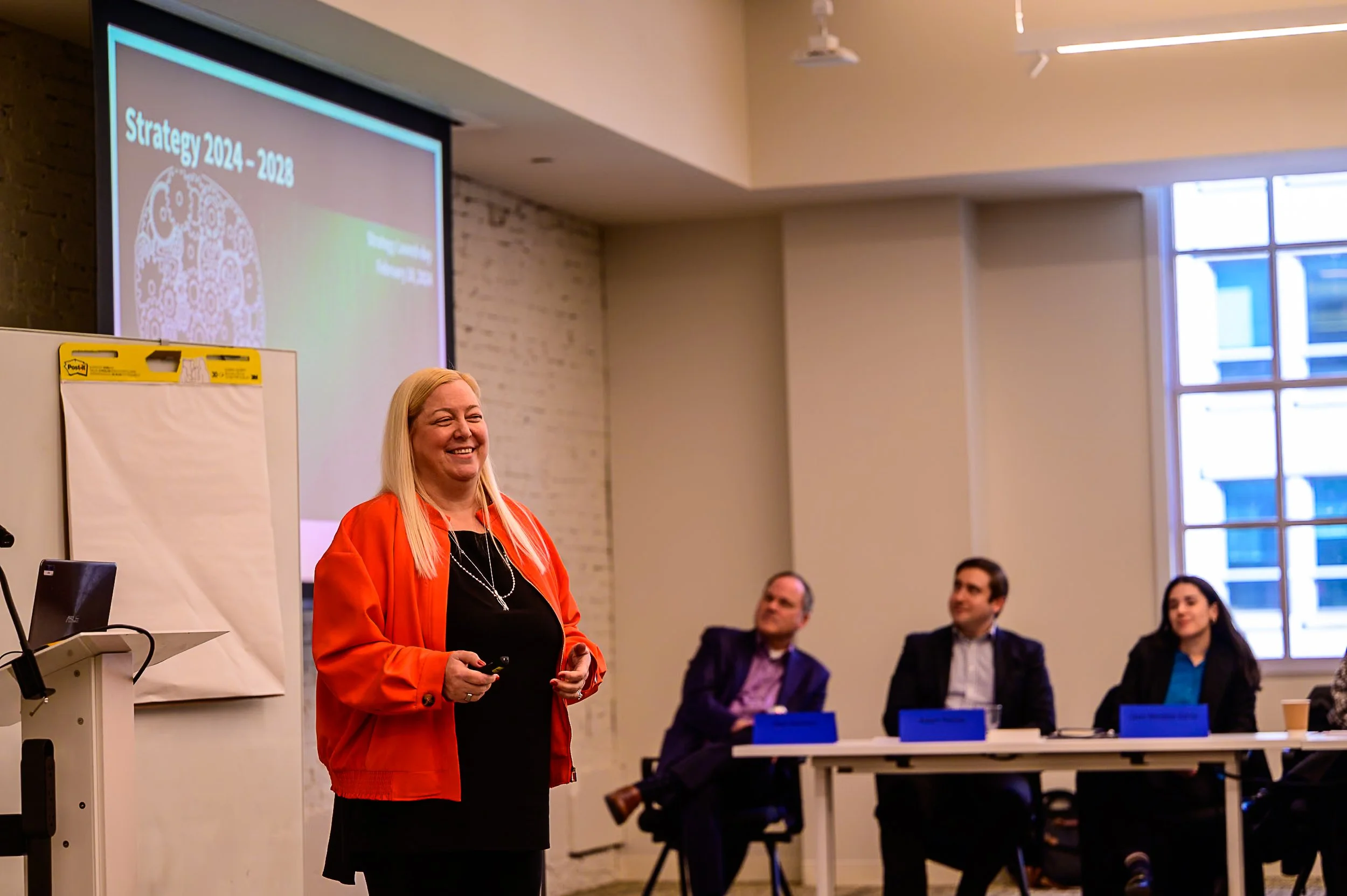
Don’t Let New Hires to Fend for Themselves: How Mentoring Promotes Organizational Culture and Collaboration
Don’t Let New Hires Fend for Themselves: How Mentoring Promotes Organizational Culture and Collaboration
The Federal Government is hiring! Federal agencies are large, have established processes, and can be challenging to navigate and work in. While supervisors play a major role in their onboarding, mentoring programs can help new joiners start strong. Implementing peer cohorts for new hires and assigning mentors close to their experience level can help quickly apply their skills and talents and integrate them into the team and mission.
Traditional mentoring relationships are often between individuals of significantly different seniority. Arc Aspicio has found alternative mentoring arrangements, such as one-on-one mentors and peer groups, to effectively provide new hires with support, guidance, and a network of people to learn from and develop relationships with. Alternative mentoring arrangements help employees understand and contribute to the organization’s culture and enhance their ability to collaborate.
The traditional one-on-one formal mentoring structure can provide a new Federal employee with a trusted point of contact who can help answer their questions about the organization, clarify Government intricacies, and provide insight into a long-term career trajectory in the Government. However, instead of assigning a senior employee to a new hire, assigning an employee closer in experience may be more effective. It can be easier for an employee of a similar career level to a new hire to connect about present-day norms and share experiences, helping the new hire to feel comfortable and understood in a new work environment.
Similarly, learning from a mentor closer to the new joiner’s experience level and creating cohort groups of new Federal employees can allow them to lean on and learn from one another in a way that one-on-one mentoring does not provide. At Arc Aspicio, we deliver intensive peer group programs with cohorts of new hires. These groups meet over six sessions for approximately 6 months, developing and practicing professional skills, including hard and soft skills like innovation, critical thinking, and problem solving. They also allow new hires to learn how their role and organization fit into service to Federal government clients, to provide educational resources, and to foster further connections between employees at similar points in their careers.
As a relatively recent hire, I’ve found a steep learning curve. Mentoring and peer cohorts help support, relate to, and guide me. Mentoring can work in consulting firms that support the Federal government and Federal agencies. It might even be a differentiator for people considering going into Government service.





















